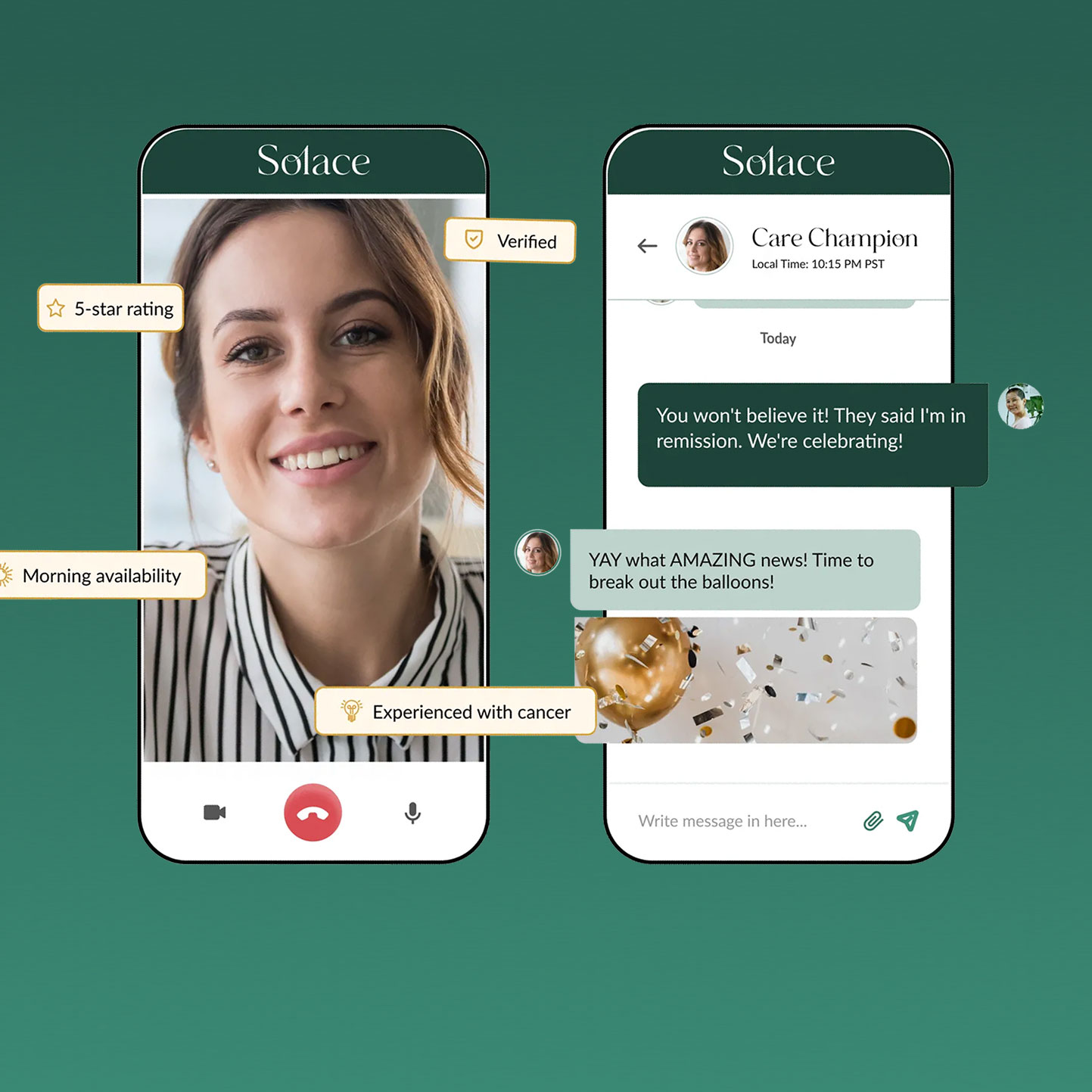In order to fulfill the promise of improving healthcare outcomes, electronic medical records (EMRs) must be both portable and private. When we see a doctor, she should automatically see not just records from colleagues in her practice, but notes from a clinic we visited across the country or medical imaging from the emergency room at an unaffiliated hospital. If we give permission, a digital health application helping us manage chronic conditions like diabetes should factor in our most recent lab results. And when we fill a prescription, that pharmacist should be alerted to any drug allergies. Indeed, HIPAA (Health Insurance Portability and Accountability Act) and subsequent laws have promised U.S. consumers both portability and privacy for our health data.
However, anyone (like us) who has ever tried to share their own medical record with others knows that data portability is a promise unfulfilled. EMR data is still shared most commonly via fax or mail (70% of hospitals!) and even current digital tools like EDI messaging and portal scraping are clunky and incomplete. Yet privacy breaches are also commonplace, and today’s data holders continue to use fears over privacy to attempt to thwart efficient data sharing. The limited flow of information is standing in the way of digital healthcare achieving the double goal of improving outcomes while reducing costs.
Our team at Menlo Ventures has scoured the healthcare ecosystem and monitored regulatory progress over the past few years, looking for the best approach to solving the problems of health data interoperability, portability, and privacy. Recent ONC/CMS Final Rules on information blocking and interoperability have finally made data holders accountable for data sharing. And when we met Troy Bannister, CEO of Particle Health, we knew Particle had built the rails on which digital healthcare can run. Just as Plaid made financial information securely and digitally accessible to third parties, enabling an incredible range of business applications ranging from P2P money transfer to online brokerage to crypto exchanges, we believe Particle will make healthcare data securely accessible, enabling countless healthcare applications (many of which would have otherwise been impossible or impractical) that will improve health and save costs.

We’re excited to announce our Series A investment in Particle Health. Particle’s data infrastructure allows a consumer to authorize a third party to securely access their health data via basic demographic data—for instance, name, date of birth, and address. Particle has built the connections and interfaces to query over 250 million people in the U.S., aggregate all matching medical records across many sources, convert data from proprietary to common formats, and return only the data that is authorized via API. Particle doesn’t store or retain consumer health data. It doesn’t require customers to remember logins and passwords or even remember all the places they may have received physical, virtual or digital care. Particle enables access to healthcare data with the highest combination of coverage, accuracy, reliability and security.
Just as importantly, Particle is designed to be simple to use. Easy to use is often hard to build, and the Particle team has built a ton of infrastructure to enable data ingestion, integration and security. Troy often speaks about the company’s North Star as enabling an entrepreneur in a garage to build an application that securely uses personal data to improve someone’s health. Another aspect of Particle that stood out to us is the sandbox environment they operate, which allows potential customers to test the breadth and depth of information that can be accessed via Particle’s technology. We have talked with plenty of healthcare experts who don’t yet believe it is possible to do what Particle does. Health data interoperability has been that difficult. But the combination of enforced access, deep technology, and an accessible test environment now allows skeptics to easily try it for themselves.

We are also excited for Particle to play an important role in combating the current COVID-19 crisis. Particle is now providing free access to its API for any COVID-related queries from public health agencies, health care providers, and companies helping in the fight against COVID. Reliable Information at scale is in preciously short supply in this pandemic. Particle enables secure search for COVID-related medical records across more than 250 million people in the U.S., including test results, diagnoses, and medical histories, with applications including patient triage, population analysis, and evaluating return to work.
Healthcare in the U.S. is still disappointingly inefficient, and data silos have limited the opportunity for digital healthcare to improve quality and cost. We believe that the combination of new rules enforcing interoperability and a fast, secure, and seamless API that gets data seekers just the information they need will enable an explosion of new digital applications that will reduce costs and improve health outcomes for patients. We’re excited to join with Particle and its existing investors like Collaborative Fund in their quest to enable the long-held vision of health data interoperability.
Particle is the latest in a series of Menlo investments in companies improving data-driven workflows in healthcare and life sciences, including Benchling, PillPack, Rivet and H1. We believe our team’s combination of deep SaaS and healthcare experience makes Menlo uniquely suited to support companies at this growing intersection of complex data and challenging workflows in healthcare. We look forward to continuing to invest in great teams solving these problems.
Croom is a partner at Menlo Ventures focused on financial technology, healthcare IT, and enterprise SaaS. Since joining Menlo in 2017, he led the firm’s Series A investment in Arch, Finch, Prodigal, and Rivet and has also invested in Fieldwire (acquired by Hilti), Fleetsmith (acquired by Apple), HOVER, Particle Health,…






